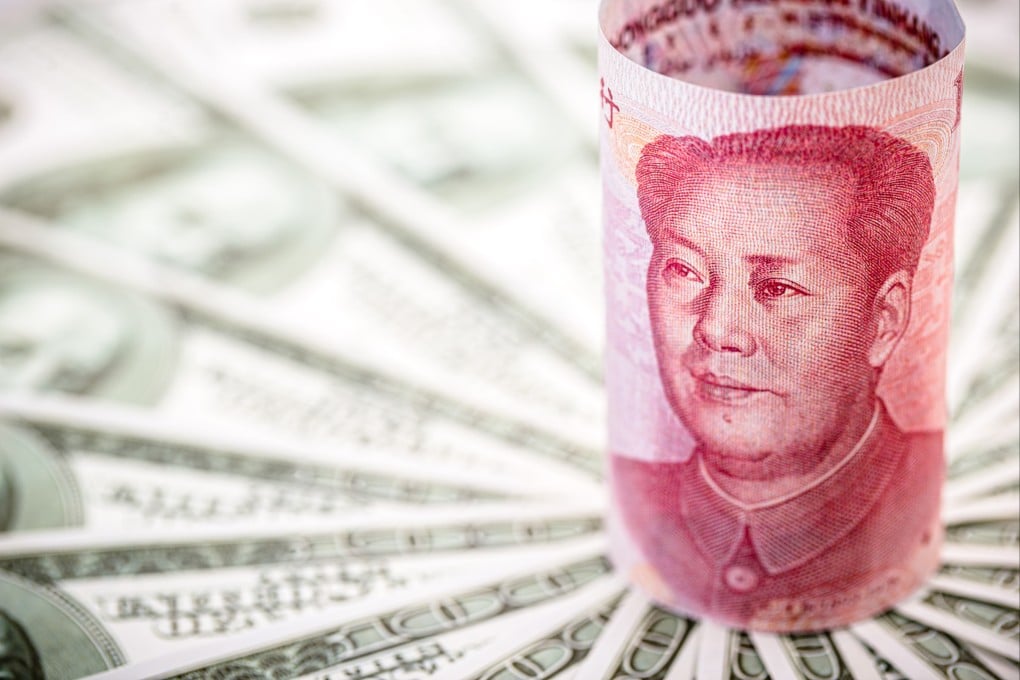The View | A more global yuan is not a zero-sum game for China and the US
- Encroachments by the yuan on the US dollar’s international turf will be evolutionary, not revolutionary – because of Chinese policymakers’ caution
- Besides, given that demand for dollars has reduced the competitiveness of US exports and cost the country jobs, a more internationalised yuan could help American workers

Across the spectrum of recent public discussion about de-dollarisation, commentators have tended to focus on negative factors and ramifications.
These arguments, however, neglect the growing attractiveness of the Chinese currency both as a store of value and as a vehicle for international trade and investment. Significant developments in China’s financial markets are changing the game board.
Recent extensions of these programmes to allow mainland Chinese investors to invest in the securities of international companies listed in Hong Kong and beyond are likely to draw more offshore capital raising in renminbi, particularly when Chinese interest rates are lower than those in the US (as they are now). This will further increase the pool of renminbi securities available to international investors.
